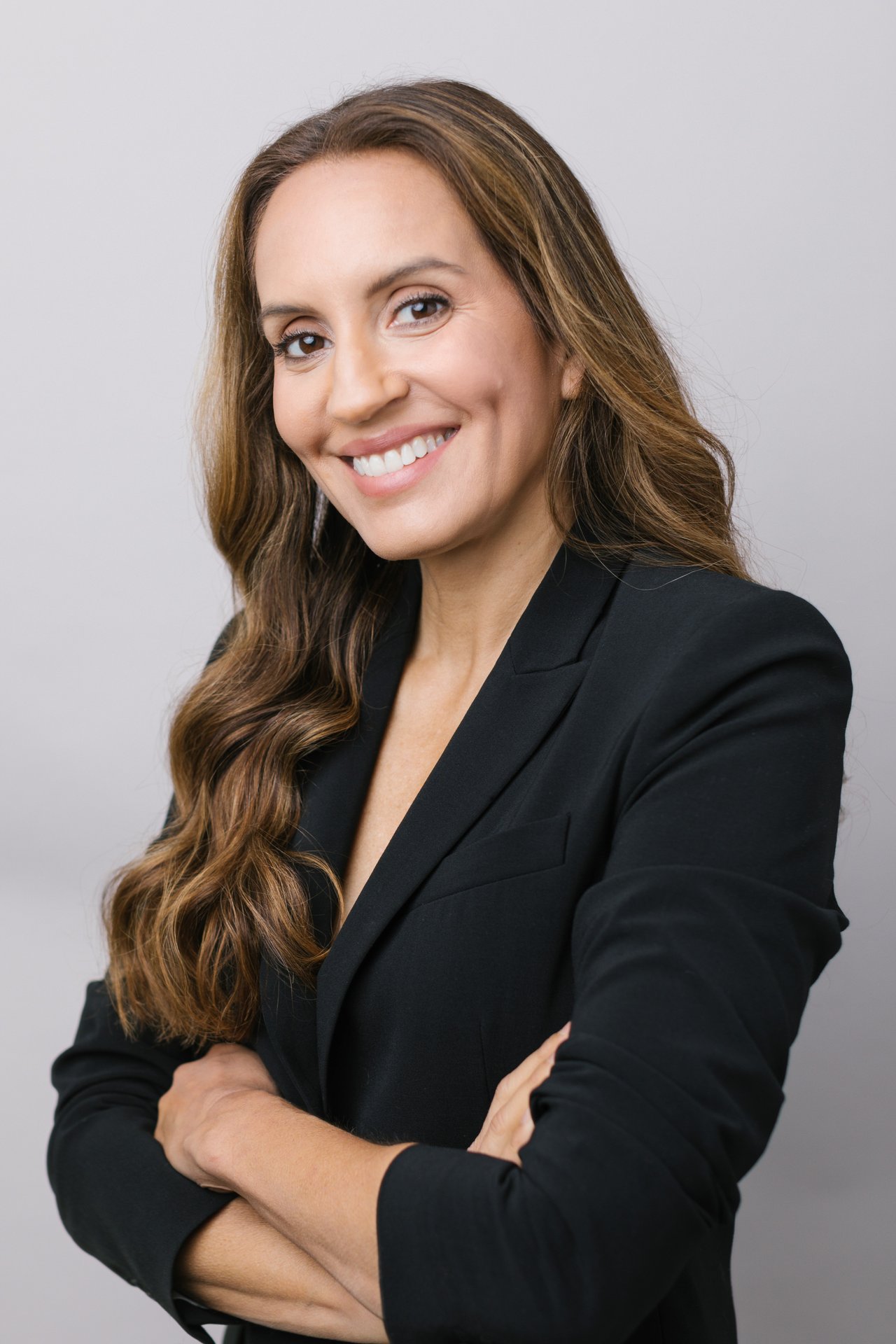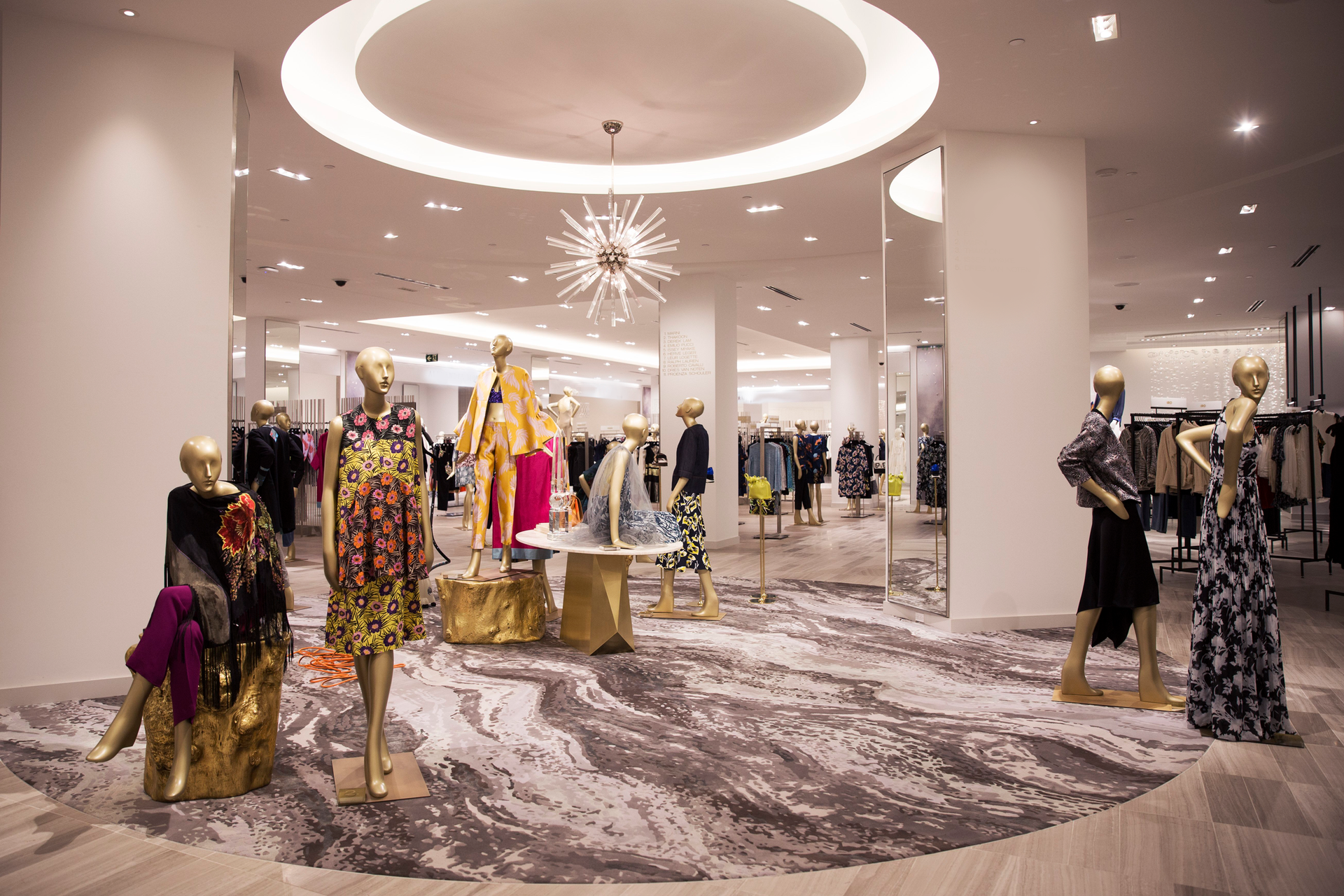FASHION-ABLE EDUCATION
November 4, 2020
Sandra Campos


There is no doubt that 2020 has been a long year that has brought more change than any other year in recent history. The COVID-19 crisis has been reshaping businesses and lives on a global scale, and not just in the fashion industry. Daily news flashes about bankruptcies, unemployment rates, and organizational restructuring have caused widespread uncertainty and anxiety for months. The growing number of layoffs and furloughs means more people are looking for additional and alternative sources of income. Sometimes that means finding a new job or pivoting to another discipline or to another industry altogether — the bigger the pivot, the more likely extra training or education will be needed. While this time has been unprecedented, businesses will continue to find new ways to communicate, engage, and sell their products.
For many years, there have been questions surrounding what type of education is a prerequisite within the fashion industry. Is a college degree required? Does it guarantee success in the workplace? Is an MBA necessary to make it to the C-Suite? Can traditional education provide everything we need to help create a new business roadmap when the world feels like it’s falling apart?
THE NEED FOR CONTINUING EDUCATION
There is no question that the modern workplace is constantly evolving. In many industries, employees are required to take courses, test their knowledge of new applications and processes, or be up to date on new laws and regulations. This goes for lawyers, medical professionals, investment bankers, computer programmers and trades such as electricians, contractors and plumbers. In some cases, there are certifications to help individuals qualify for or be promoted to new positions. So why not fashion? The business of fashion is broad, intricate and ever changing.
With our industry on the brink of significant change, it is hard to feel secure in our careers and know that our skills are sufficient for the jobs of the future. The uncertainty and frustration are palpable. Working in fashion for several decades, I’ve heard it from all levels — interns trying to get a foot in the door, parents rejoining the workforce after staying home with their kids, and growth-minded executives looking to take their careers to the next level. Common quotes include: I’ve been self-taught throughout my career; No one teaches you anything; I need a refresher course to help me get back into the industry after raising my kids; The lack of a clear career path is the reason I left the industry I love.
BUILDING RESILIENCE
I believe that one of the keys to cultivating a resilient retail industry is to build resilient organizations by providing a solid foundation of knowledge and ensuring value is placed on learning and development. Across industries, more than 70 percent of employees report that they do not have mastery of the skills needed to do their jobs. First year college students forget 60 percent of what they learned in high school. Statistics show that we forget 75 percent of what we learn within six days, unless the information gets used on a daily basis.
Over the past 10 years, the fashion industry has exploded with innovation, and the need to embrace digital platforms has never been more compelling. How can employees ensure they are up-to-speed with the latest technological advancements when dozens of software startups are created each month? Whether in 3-D design, sustainable sourcing, B2B wholesale sales software, automated logistics, or e-commerce, there are numerous advancements that require ongoing learning, training and skill acquisition. Even common apps like Slack are new to many executives who didn’t grow up with technology at the tip of their fingers.
By putting systems in place to close skill gaps, provide training and educate current employees through all of these industry changes, brands can gain a competitive edge. Major organizations such as Anthem, Starbucks and Fiat provide technical training and other resources to empower their teams and create a culture of engaged employees, team players who look to add value to the organization and not leave the company to pursue outside opportunities. The benefits are clear: employee retention benefits from less turnover and higher engagement, and an emphasis on promoting from within creates ambitious, self-empowered team members. Individuals get better at their jobs, and companies are able to maximize the value of innovations by building a more skilled team to put them into action. More empowered, knowledgeable employees are better able to tackle rapidly evolving problems.
THE BENEFITS OF CONTINUING EDUCATION
Companies with training programs have 24 percent higher profit margins and 218 percent higher income than those that do not. And employees who have been a part of a training program earn 42 percent higher salaries than their counterparts with a knowledge gap — proving that when employees have access to tools to help them learn and build new skills, everyone benefits. It’s no longer a cost savings to eliminate training programs. It’s a detriment to a company’s future success not to incorporate an L&D agenda.
Even pre-pandemic, higher education institutions have been challenged to find new ways to engage students and validate higher-than-ever tuition costs. To disrupt that, entrepreneurs have created MOOC innovative platforms that open up a world of subjects made available on-demand, at accessible costs such as Masterclass, Udemy, Coursera. Academic books don’t prepare us for pandemics or changing consumer behavior, and they don’t provide strategic insight on a real-time basis.
A NEW PLATFORM, A NEW WAY TO LEARN
According to the Department of Labor, retail is the largest employer in the U.S. We need a smarter, more well-rounded workforce that’s both entrepreneurial and process oriented and we need educational services to help upskill and reskill retail employees. Fashion Launchpad is the only digital continuing education platform specifically for the fashion and retail industries. Launching in 2021, this platform will include focused micro-courses — hosted by industry creatives and business leaders — and will cover everything from fundamentals and new business skills to executive case studies. We will also teach the skills needed for the future of retail — integrated shopping experiences, unified commerce, touchless service, AI for everything from customer service to predictive analytics, changes in consumer behavior, supply chain and logistics automation, new tech end-to-end platforms, advanced systems and processes integrated for Omni-channel retail. Through individual or corporate subscriptions, we can empower individuals to take control of their own career trajectory. With additional knowledge, individuals can feel confident enough to share their perspective, have a seat at the table, and eventually become the executives they aspire to be.
We have the opportunity now to examine roles within our organizations that drive value, drive growth, and keep up with important trends. It’s time to rethink the way we work and find ways to ensure long term career development. This can unlock professional transformation, create confidence and new retail skill building. With Google and Facebook now leading the way with certification programs, it’s time for our industry to take note and follow suit.
Sandra Campos is a CEO, entrepreneur, and operating partner within the retail and consumer products sector. She has been building global fashion lifestyle brands for more than twenty years and is also the founder of edtech startup, Fashion Launchpad, the only digital continuing education platform specifically for the fashion-retail industries.
Sandra advises startup businesses in tech, fashion/beauty, and consumer products companies and is an investor, mentor, and board member. As the former CEO of Diane von Furstenberg and President of global brands such as Juicy Couture, Bebe, and Herve Leger, Sandra is known as an innovative marketer and accelerator of digital commerce and Omni-channel strategies that enhance the consumer experience. Focused on the belief that technology can enhance businesses and the individuals behind them, she is excited to join as the CEO of Project Verte, a technology and fulfillment platform. Her prior entrepreneurial ventures include Mobi and Cynosure Holdings-ACH, a celebrity brand management co responsible for launching Selena Gomez’s lifestyle collection with Tony Melillo as her business partner.
Ms. Campos is a frequent keynote speaker, panelist, and invited guest on MSNBC, Telemundo and Bloomberg on topics ranging from innovation at retail, leadership, and diversity in the workplace. She has been named one of the top 100 Latina Leaders by Latino Leaders Magazine, was one of 2019 Top Líderes in Business by Hispanic Executive Magazine, named a 2020 Top Woman in Retail and was honored by Girls Inc. as a Woman of Achievement.

